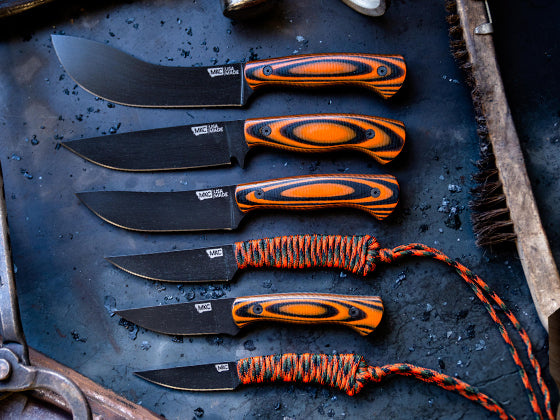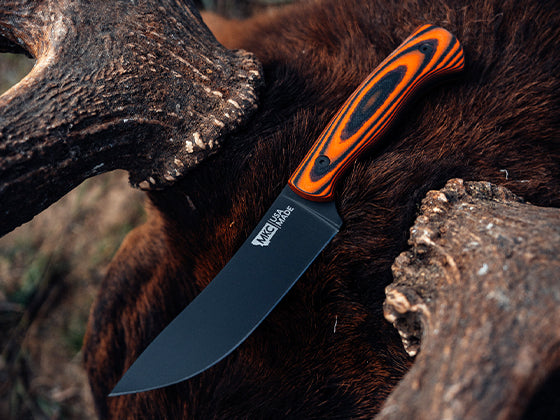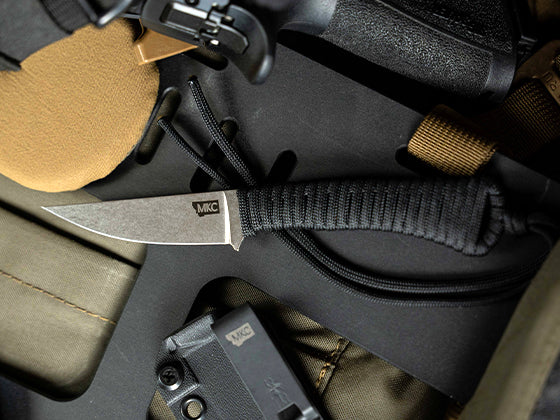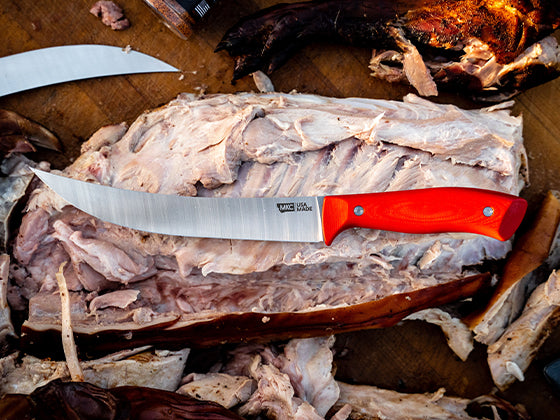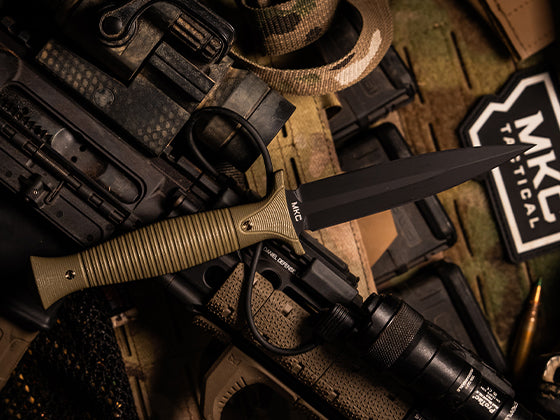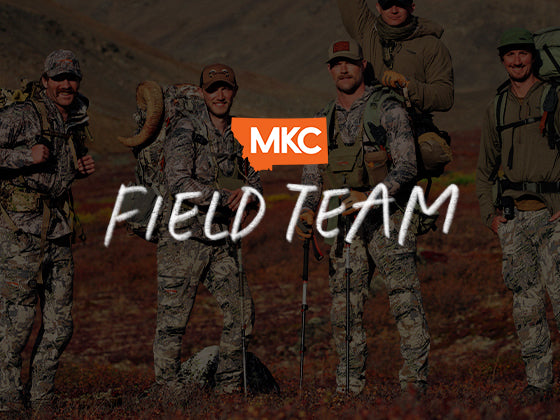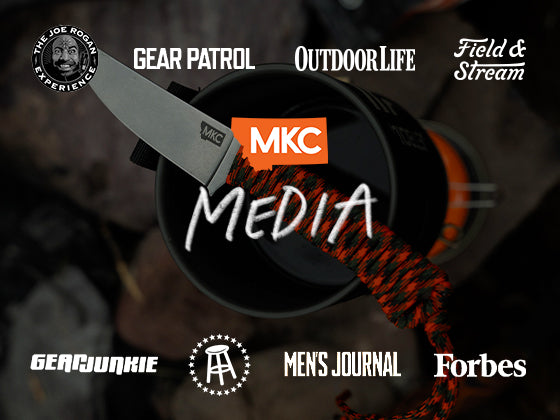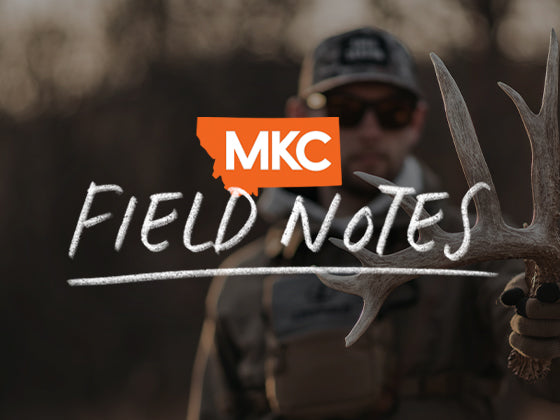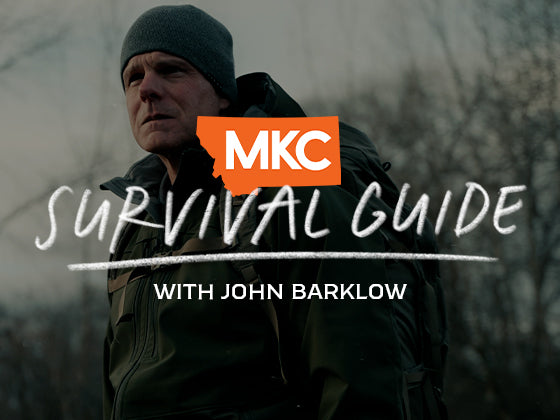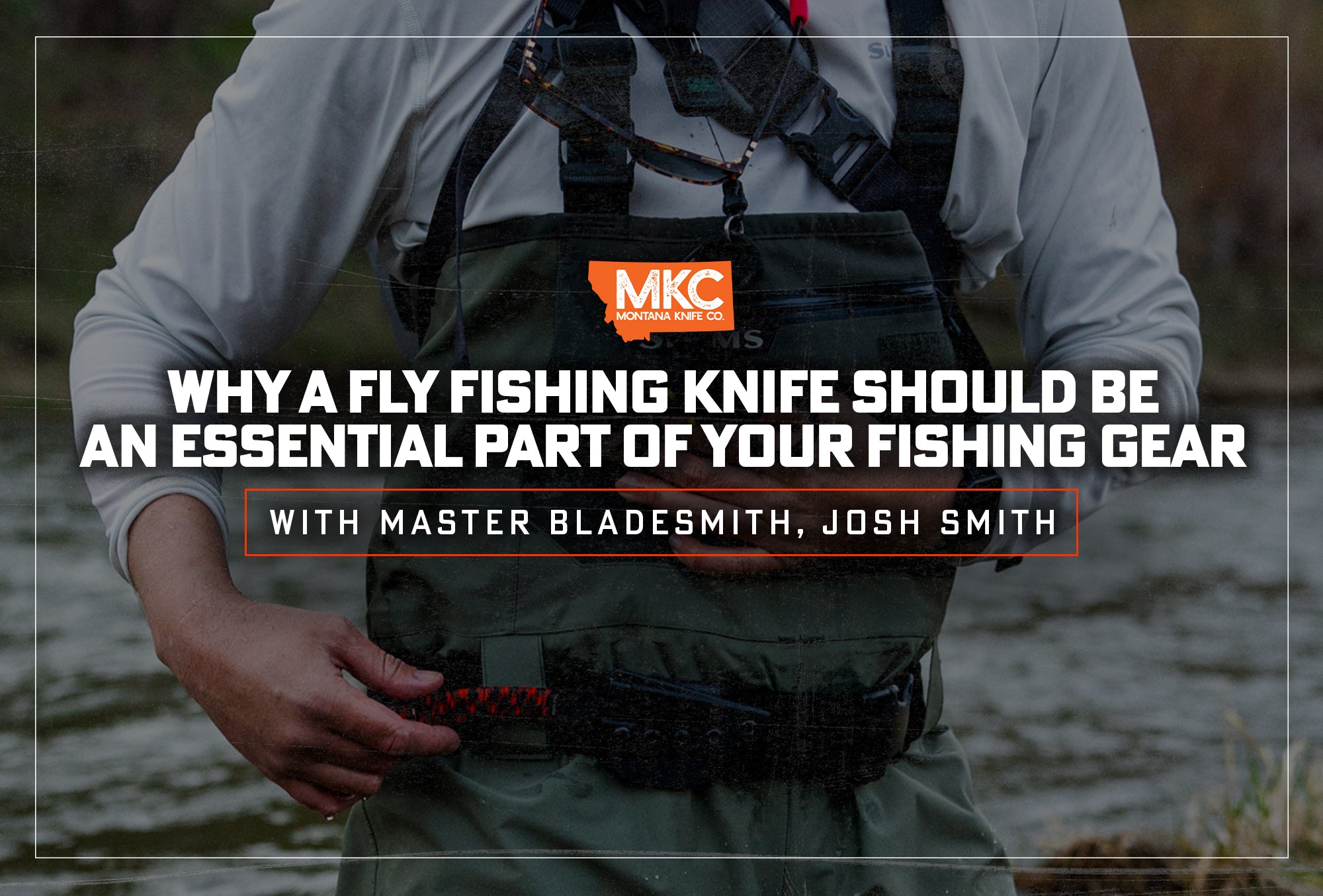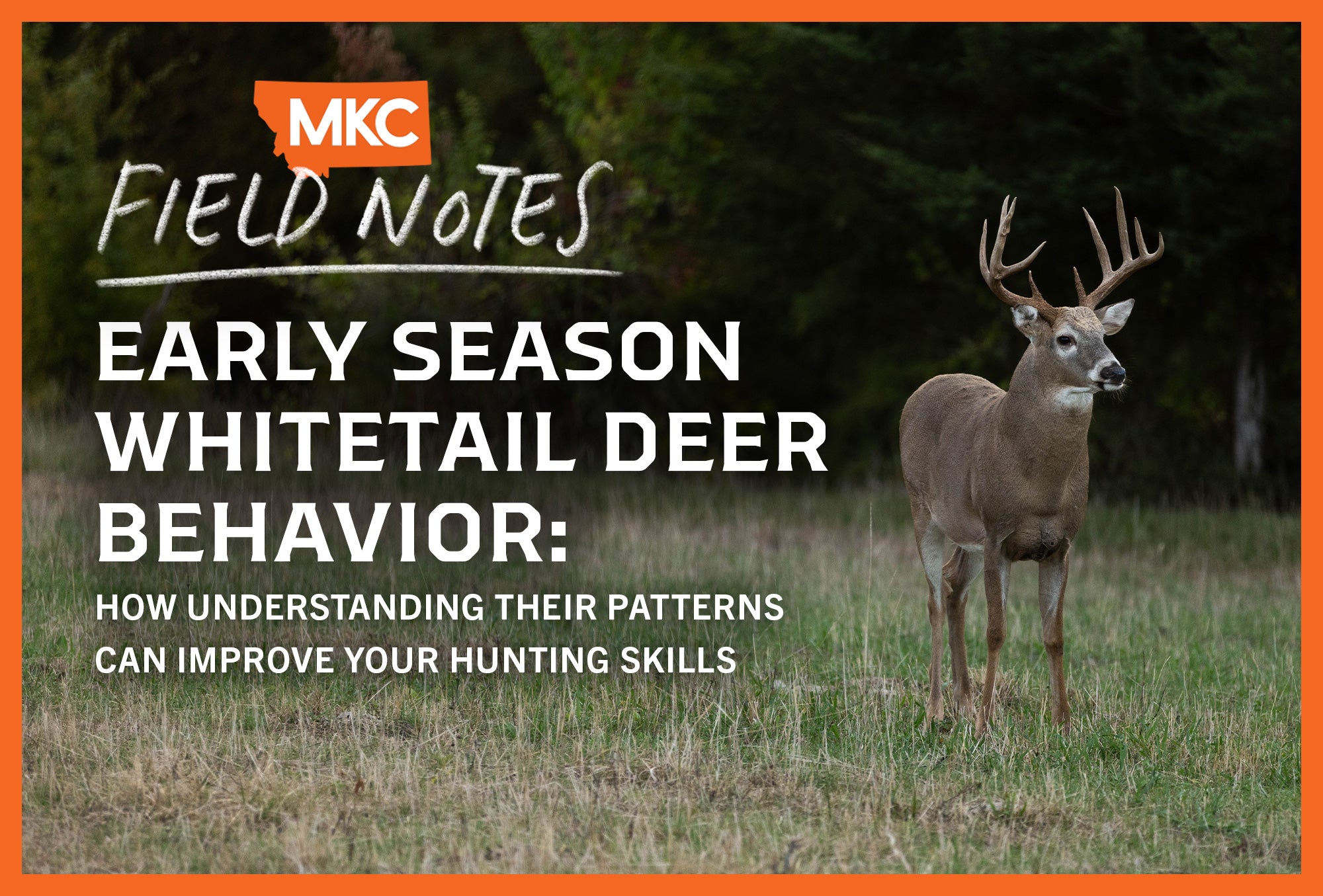I love calling to whitetails. When done effectively, it’s one of the deadliest ways to draw them in on a whitetail deer hunt. That said, its effectiveness depends on the target buck’s personality — and how well you know deer.
Whitetail calls aren’t guaranteed to work. You can overuse them, underuse them, use them at the wrong time, and sometimes, use them at just the right time. Here’s everything I’ve learned about whitetail calls and whitetail decoys over the years.
Effectively Using Whitetail Calls, Antlers, and Whitetail Decoys
Whitetail calls’ and whitetail decoys’ effectiveness depends on the buck’s personality, the time of year you’re in the field, and the amount of testosterone in your target (how much he wants to face off with another buck).
I typically rely on whitetail calls and decoys that target other bucks, not does. When whitetail deer hunting in pre-rut, though, the bucks may not yet be aggressive enough to respond. That changes as the rut progresses.
However, I’ve had some success calling bucks in pre-rut — but only under certain conditions. If you time it right, a whitetail call can trick a buck into thinking you’re the first challenger in the area. It comes down to catching the buck in the right frame of mind to respond to your call, even if you’re a little early in the season.
Optimal Times and Conditions for Whitetail Calls and Whitetail Decoys
Early to mid-October is the best time to pretend to be a buck’s “first challenger.”
Bucks have distinct personalities, just like people. With time, you’ll learn to read their body language. If you see him getting irritated, keep calling him. Don’t get disappointed if you can’t tell — it’s not always a black-and-white reaction, even to me. It takes a bit of practice.
Unfortunately, it’s easier to hurt your situation with a whitetail call or rattle than to help it. If you target a buck who doesn’t respond, your continued whitetail calls will make him suspicious. A big part of timing is knowing when to stop.
Calling too much scares a buck faster than it draws him in. Put yourself in the buck’s shoes. At what point would you get suspicious if you heard someone calling to you but couldn’t see them anywhere?

How to Strategically Place a Whitetail Decoy
Whitetail decoys are essential to my hunting kit, and they synergize well with whitetail calls and rattling antlers. I harvested my biggest buck after using a whitetail decoy. I support using them, but just like with whitetail calls, you can’t use them haphazardly.
Realism matters to whitetails. It’s even more important when does are around, since you have to fool them first. They’re much smarter than the bucks, so if you successfully trick them, bucks will follow close behind. If your whitetail decoy is realistic, the does will walk right past it, setting you up for a fantastic shot on your buck.
Most of the time, bucks approach the whitetail decoys from downwind. A deer’s nose is its number one survival tool. Keep that in mind when placing your decoy — set it up so that as the buck approaches, it’ll be in your sights.
I like to face a buck decoy toward me. The buck will want to fight the decoy, so he’ll position himself facing away from me. This sets me up for a good broadside shot.
Types of Whitetail Decoys
Today’s decoys come in many shapes and sizes, but the safest bet is the tried-and-true whitetail buck decoy.
Doe decoys can be effective during rut if the deer are seeking them. This is especially true if your target buck hasn’t had any luck with the ladies. Finally finding a lady who doesn’t run off is an effective draw.
While a whitetail buck decoy is my preferred method, it doesn’t have to be yours. Experiment and find out what works best in your hunting area.
How to Make a Convincing Whitetail Decoy Setup
Whitetail calls and whitetail decoys go hand in hand, so using them together will be your most convincing strategy. Scenting your whitetail decoys adds an extra layer to the charade. I use buck urine on my buck decoys to great effect.
Last year, I tried to use a whitetail decoy to attract a buck I knew had bedded down nearby. However, he was much closer to me than I initially thought — right at the edge of the field.
He perked up and saw me set up the whitetail decoy, but surprisingly, he didn’t spook right away. He still came downwind to investigate the decoy out of curiosity. I unfortunately didn’t have enough time to get into my tree stand and situated before he ran off, but it was an interesting lesson.
Even though he saw me with the whitetail decoy, he still took a moment to investigate what he thought was a rival buck. Not all bucks are that forgiving, but I’ll remember that instance during future hunts.

Common Whitetail Decoy Mistakes
Take care of your whitetail decoy in the off-season. It’s easy to lean it against a wall in your garage and forget about it. If you store it that way, it’ll pick up unnatural scents that deer won’t like.
I like to wash my whitetail decoys with unscented soap, leave them out in the woods for a while, and treat them with buck urine. Leaving them out in the elements might seem counterintuitive, but it’s your best bet. You want your whitetail decoy to smell like the woods and nature, not gasoline, exhaust fumes, or unnatural cleaners.
Also, don’t set your whitetail decoy up willy-nilly. Think about your decoy’s placement. It’ll increase your chance of success.
When you use a whitetail decoy or a whitetail call, you tell the animal where you are. That’s why I love calling so much: it makes hunting a fairer game. I’m telling my quarry I’m there and allowing him to decide whether to approach. Was my ruse convincing enough, or did he see through me?
When it works, it feels like the ultimate catch.
By Brad Bever, Designer at Montana Knife Company























